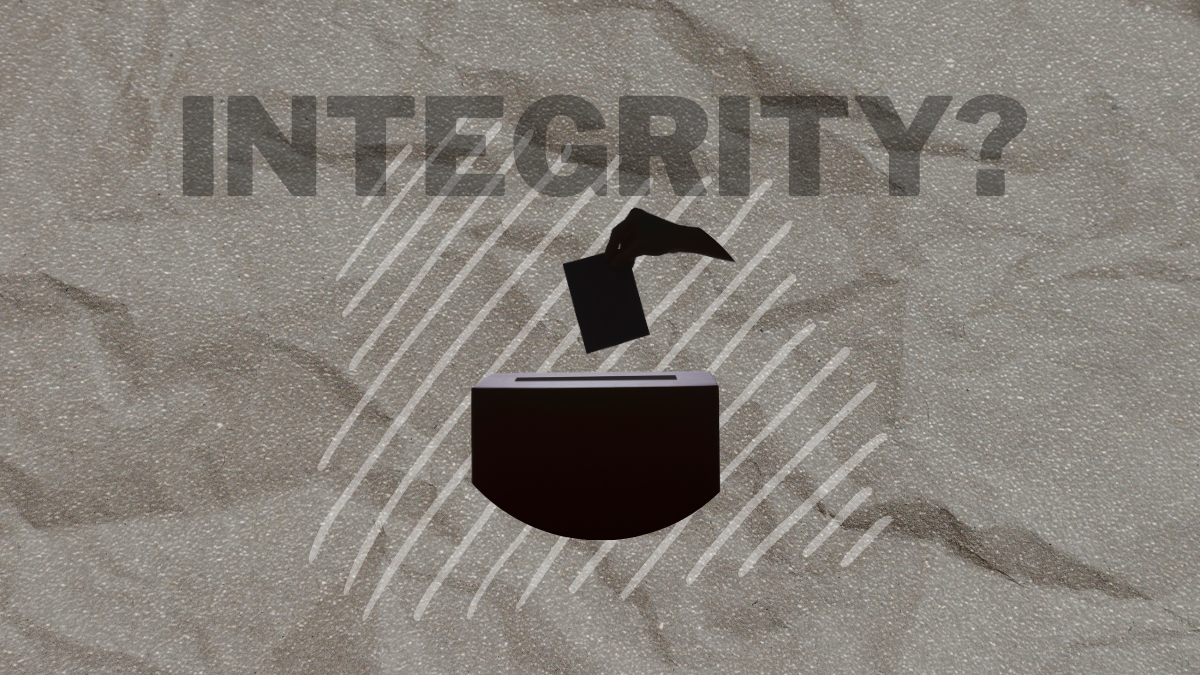Source: WFAE
An “election integrity” bill that recently passed through the Republican-controlled North Carolina General Assembly – and was vetoed by Gov. Roy Cooper – has clear ties to the same people who tried overturning the 2020 presidential election.
Senate Bill 747, called “the jumbo jet of a voter suppression bill” by Democratic state Sen. Natasha Marcus, has the fingerprints of election conspiracy theorists all over it.
WFAE spoke with Jim Womack, a former Lee County commissioner and now the president of the North Carolina Election Integrity Team (NCEIT), about his group’s work.
NCEIT is a recently formed chapter of the nationwide Election Integrity Network (EIN) that was started by North Carolina-based attorney Cleta Mitchell. You may have heard of Mitchell due to her involvement in the attempted theft of the last presidential election. Mitchell was on the January 2021 phone call Donald Trump made to Georgia Secretary of State Brad Raffensperger, urging him to search for nearly 12,000 votes that could turn Trump’s 2020 defeat into a victory.
Despite his association with Mitchell and her organization, Womack insisted to WFAE that he was not a conspiracy theorist.
“I’m not one of those guys that runs around saying the election was stolen,” he said. But, he added, “You can make a case that the election was manipulated.”
There is no proof that the 2020 election was stolen or manipulated.
Womack called the 2020 presidential election a “train wreck.”
“We should learn from the train wreck and seek to try to avoid those kinds of problems in the future by improving our laws,” he added, without explaining what “those kinds of problems” are.
It’s possible he was referring to how many people were allowed to vote, because as Womack has previously admitted, allowing more people to vote is bad for Republicans.
“I fundamentally disagree,” that “it’s a good thing for conservatives if more people vote,” he said.
Womack called Mitchell a “mentor” and a “renowned election law attorney.” They are both tied to the NCGOP’s election bills because they met with top Republican lawmakers at the state legislature before the bills were written. He claimed at the time that Republican leaders “were just receiving input” from EIN.
Despite those claims, WRAL obtained leaked internal documents that highlighted just how much influence Mitchell and EIN had on crafting SB 747. According to WRAL, the legislation “largely matches up with the official legislative agenda of [EIN].” The documents also showed that, out of 17 suggestions by either EIN or NCEIT, 12 of them were either included in the bill or were already law (71%).
The bill that Cooper vetoed contains some of EIN and NCEIT’s favorite voter suppression rules:
The bill establishes the rights of election observers at polling sites (creating the potential for legalized voter intimidation), eliminates the three-day grace period for mail-in ballots that Republicans themselves had previously supported, attempts to impose discriminatory and unreliable signature matching for mail-in ballots and opens the door for mass challenges to ballots by election fraud conspiracy theorists, among other provisions.
Lekha Shupeck, state outreach director for Documented, a watchdog group that investigates and tracks voter suppression efforts, highlighted for WFAE some of the concerns voting rights advocates have about some of these new rules.
One of the rules advocates are concerned about is one that allows partisan poll observers to listen to conversations between a voter and precinct official inside the polling site or at curbside voting if it relates to elections administration.
“Is that going to be intimidating for people who are there at the polling place, you know, to have these observers so close?” asked Shupeck.
She also explained just how important a role poll observers play in elections.
“The problem comes when that access is … legislated in a certain way that’s going to impede other people’s ability or intimidate people or be disruptive,” she said.
Shupeck said she believes that people like Womack and Mitchell truly believe that elections in the U.S. are not secure.
“The people who are working on that side are not working from a place of reality and facts,” she said. “They’re working from sort of their feelings about the particular issue not based on evidence.”
Cooper vetoed SB 747 shortly after it arrived on his desk. He ripped Republicans in a statement explaining his decision.
“Right now, legislative Republicans in North Carolina are pushing an all-out assault on the right to vote, using the advice of Trump’s hand-picked election denier Cleta Mitchell who was on the call trying to help him overturn the election in Georgia.”
Republicans will override the governor’s veto, but a date for the override vote has not been announced.





